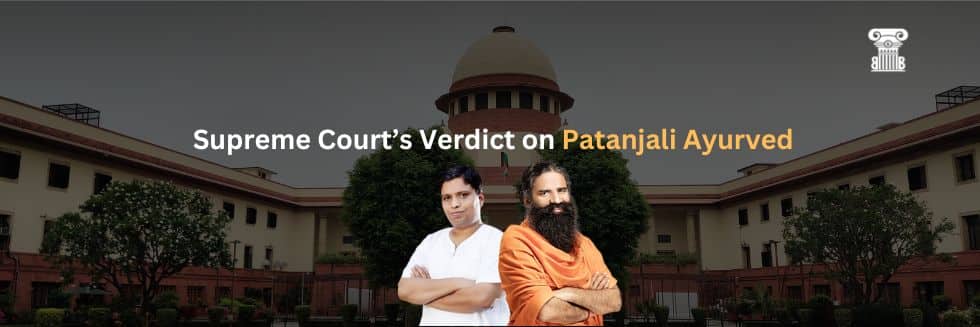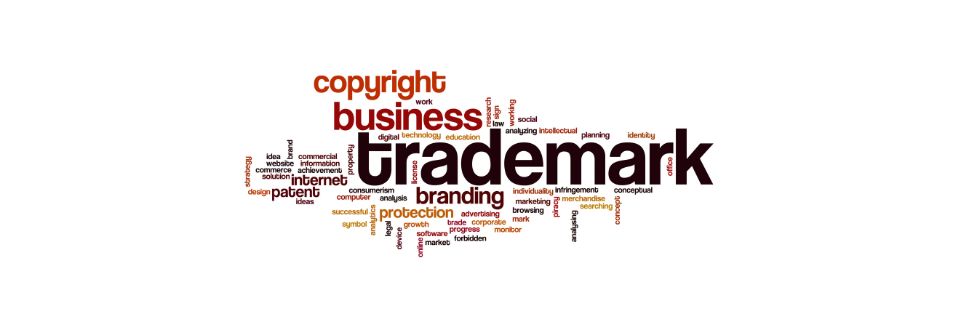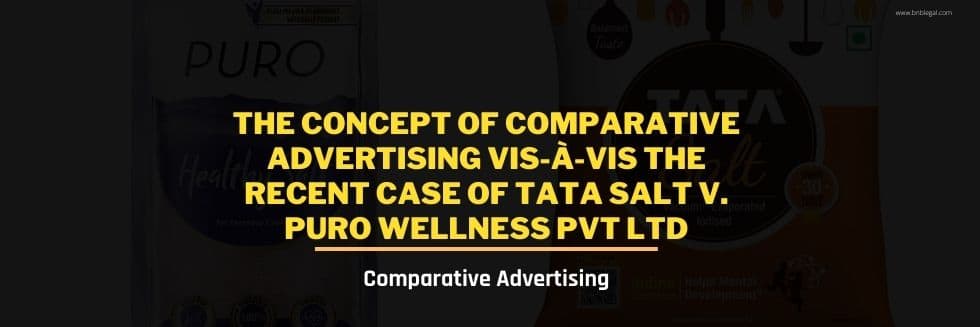In a recent landmark judgement, the Supreme Court of India delivered a stern admonition to Patanjali Ayurved, a company spearheaded by Baba Ramdev. The case in question, Indian Medical Association v. Union of India (2022), revolved around Patanjali’s dissemination of deceptive advertisements, leading to an immediate prohibition on its marketing activities.
Allegations Against Patanjali
Initiation
The controversy began when the Indian Medical Association (IMA) filed a petition in August 2022. The petition was a response to an advertisement published by Patanjali, which disparaged allopathic medicine.
Controversial Advertisement
The contentious advertisement bore the title “MISCONCEPTIONS SPREAD BY ALLOPATHY: SAVE YOURSELF AND THE COUNTRY FROM THE MISCONCEPTIONS SPREAD BY PHARMA AND MEDICAL INDUSTRY.”
Fueling the Controversy
The situation escalated when Ramdev made statements denouncing allopathy as a “foolish and bankrupt science” and attributing COVID-19 fatalities to allopathic medicine. Furthermore, Patanjali faced allegations of disseminating false information about the Covid-19 vaccine.
Legal Arguments Against Patanjali
Violation of Laws
The IMA argued that Patanjali’s advertisements contravened the Drugs & Other Magical Remedies Act, 1954 (DOMA), and the Consumer Protection Act, 2019 (CPA).
Legal Provisions under DOMA
Section 4 of the DOMA prohibits the publication of misleading advertisements concerning drugs, with penalties including imprisonment or fines. “The Act stipulates that no person shall participate in the publication of any drug-related advertisement if the advertisement:
- Directly or indirectly creates a false impression regarding the drug’s true nature.
- Makes a false claim for the drug.
- Is otherwise false or misleading in any significant respect.”
“Section 7 of the DOMA further states that anyone who contravenes any provisions of this Act or the rules made thereunder shall, upon conviction, be punishable with imprisonment or fine, or both.”
Legal Provisions of the Consumer Protection Act
Section 89 of the CPA imposes severe penalties for false or misleading advertisements. It states that any manufacturer or service provider who causes a false or misleading advertisement detrimental to consumer interests shall be punished with imprisonment and a fine.
Role of Agreements
Despite agreements between AYUSH and regulatory bodies, Patanjali continued to violate advertising regulations, breaching the Memorandum of Understanding signed by the Ministry of AYUSH and the Advertising Standards Council of India in January 2017.
Supreme Court’s Response in the Patanjali Case
In its ruling on February 27, the Supreme Court underscored the gravity of Patanjali’s infractions. Despite previous warnings and assurances, Patanjali continued to publish misleading advertisements, compelling the Court to take decisive action. The Court barred Patanjali from advertising or branding products addressing diseases specified in the DOMA and warned against negative statements about conventional medicine. The court has scheduled the next hearing for March 19, 2024.
Conclusion
In conclusion, the case of Patanjali Ayurved serves as a significant precedent in the realm of consumer protection and advertising ethics in India. The Supreme Court’s stern admonition underscores the importance of truthful and responsible advertising, particularly in the healthcare sector. This case highlights the necessity for companies to adhere strictly to advertising regulations and laws, ensuring that consumers are not misled by false claims or deceptive information. The verdict sends a clear message to all entities that violations of such laws will not be tolerated and will be met with stringent legal consequences. The next hearing, scheduled for March 19, 2024, is eagerly awaited, as it will further shape the discourse on advertising ethics in India.
_________________________________________________________________________________________________________
This article was written and submitted by Devam Krishnan during his course of internship at B&B Associates LLP. Devam is a 4th year B.A.LL.B (Hons.) student at NUSRL, Ranchi.








